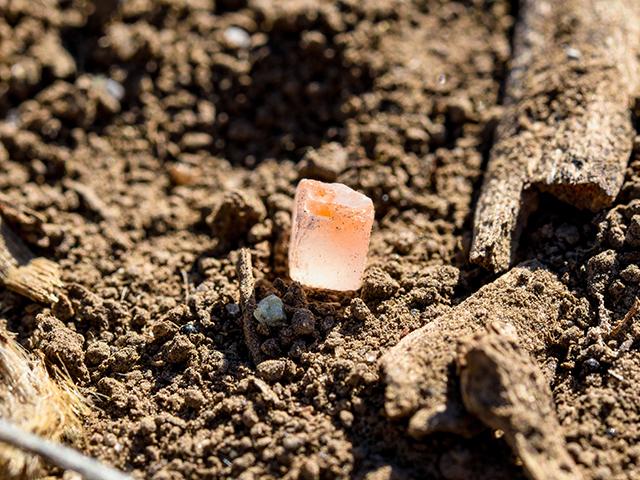Taxlink
Residual Soil Fertility May Offer Tax Break
It seems like I'm writing about hot topics lately. My article on cash balance plans in the December 2022 issue of Progressive Farmer caused quite a stir. I'm still fielding questions about it. I have a feeling this month's topic will result in even more interest. So, what is it? Residual soil fertility. I know, either you have never heard of it, or the last time you thought about it was 15 to 20 years ago. But, it's making a comeback in a big way.
Before I start, I'm going to throw in a disclaimer. I'm only going to discuss the federal side of residual fertilizer. We have seen states not fully conform to federal and may require you to jump through more hoops. Before you decide to go forward with a fertility study, I'd recommend talking to your accountant to see if there are any known issues with your state.
What is residual/excess fertility, and why is it becoming popular? When you purchase or inherit farmland, sometimes there is excess fertilizer, which you can amortize. It is amortized over its useful life, which is typically between three to five years. The amount you amortize each year is based on percentage used, not a straight-line approach. Why has it become so popular? With the increasing cost to purchase farmland and high fertilizer costs, the potential deduction makes residual fertility studies very appealing.
Who can do this? Under Treasury Reg. 1.180-1(b) and Treasury Reg. 1.175-3, you must be a farmer. A farmer is someone who cultivates, operates or manages a farm for profit either as an owner or tenant. A landowner who receives rent based on crop production also qualifies. However, a straight-cash rental landlord would not qualify.
P[L1] D[0x0] M[300x250] OOP[F] ADUNIT[] T[]
To take the deduction, you must show that the excess fertilizer and land are separate assets. You do so with fertility studies. There is little guidance, but under TAM 1992-11-007, the taxpayer must be the beneficial owner of the residual fertilizer and (1) establish the presence and extent of fertilizer purchased with the land, (2) substantiate the level of fertility attributed to the fertilizer applied by the previous owner, (3) provide the basis by which you measure the increased fertility and (4) provide evidence showing the period the fertilizer will be exhausted.
Like all things, there is a catch. When you sell the land, you will have to recapture the deduction. Recapture results in recognizing the amount deducted for excess fertility as ordinary income. Likewise, if you purchased the land, the seller should have treated the amount allocated to residual fertilizer as ordinary income (not capital gain).
There is relatively little guidance on residual fertilizer deductions. As such, there is some risk. My suggestion is to work with a reputable person or firm that has successfully done fertility studies. Also, discuss with your accountant prior to engaging in a study.
**
-- DTN Tax Columnist Rod Mauszycki, J.D., MBT, is a tax principal with CLA (CliftonLarsonAllen) in Minneapolis, Minnesota.
-- Read Rod's "Ask the Taxman" column at https://www.dtnpf.com/…
-- You may email Rod at taxman@dtn.com
[PF_0323]
(c) Copyright 2023 DTN, LLC. All rights reserved.



